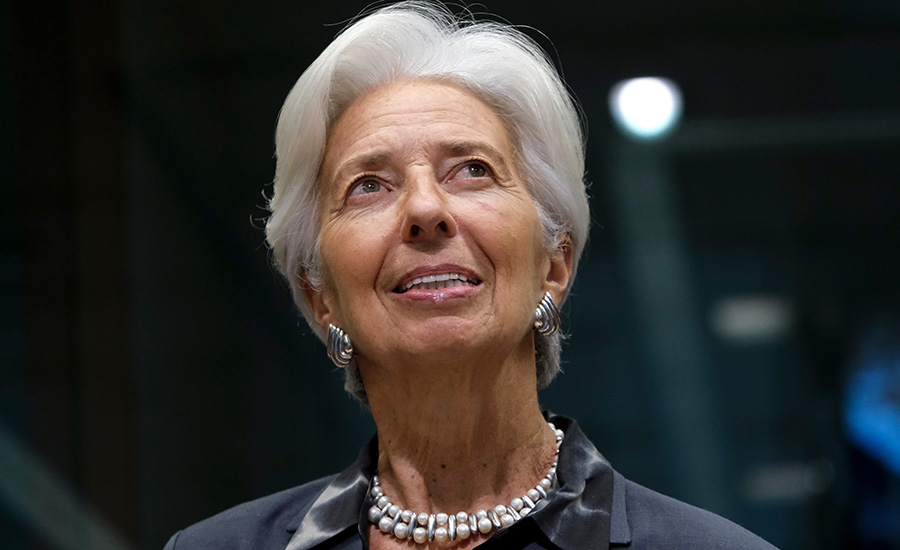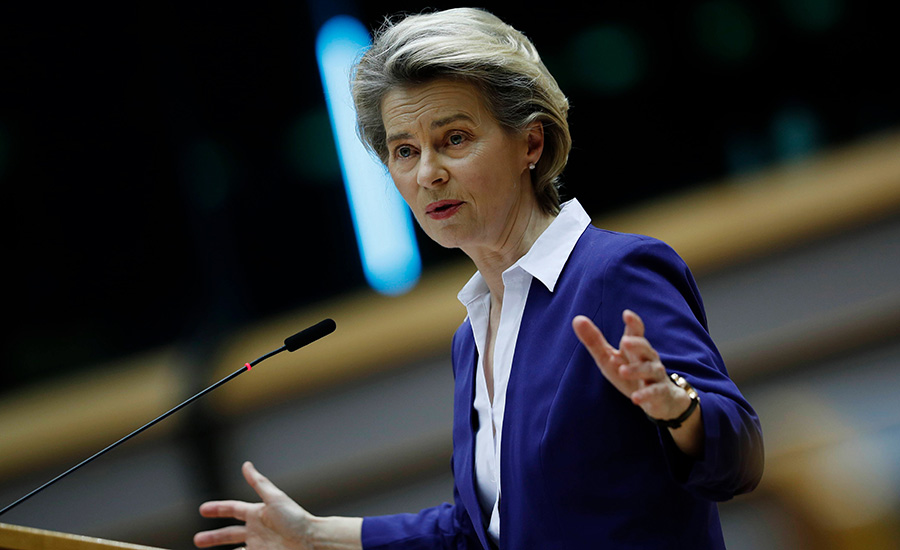The theme of the 2021 World Economic Forum’s Davos Agenda was ‘The Great Reset’ and how the world might recover from the effects of Covid-19. Because of the current circumstances, the forum was split into two parts, with a virtual meeting held January 25-29 and an in-person gathering planned for May 13-16, in Singapore.
Each day of the January summit was dedicated to discussing a key area for recovery. On Monday, January 25, the focus was on designing cohesive, sustainable and resilient economic systems. On Tuesday, delegates discussed how to drive responsible industry transformation and growth, while on Wednesday they spoke about enhancing the stewardship of our global commons. Thursday's talks centred on harnessing the technologies of the Fourth Industrial Revolution, and on Friday attendees discussed ways to advance global and regional cooperation.
With the International Labor Organization jobs report, published at the start of the week, stating that at least 225 million jobs vanished worldwide over the past year (four times more than the 2008 global financial crisis) and concerns that vaccine nationalism will see the pandemic continue to ravage many less wealthy nations, much of the talk was around equality and unity.
Christine Lagarde, President of the European Central Bank, spoke in Monday's meeting. ‘Once we’re through to the "second phase" of the 2021 Covid-19 recovery,’ Lagarde said, ‘it is most likely going to be a new economy, which will be associated with positive developments and also with challenges.’ Many advanced economies, she noted, particularly in Europe, have jumped forward in terms of digitalisation, some by up to seven years.
Christine Lagarde, President of the European Central Bank, has called for continued support for the digital-centred, post-pandemic economy. | Credit: Alexandros Michailidis / Shutterstock.com
She added that it is likely that there will be a 20% increase in the amount of people working from home post-pandemic, which will have an impact on many economies, and claimed that technological changes are already having positive effects. She said that it is critical to continue ‘favouring and supporting investment into this new economy’ and that on the fiscal and monetary policy front, authorities will have to stay the course and continue to support. At the same time, investment will have to be focused on laying the ground for a new economy.
Ursula von der Leyen, President of the European Commission (EC), agreed about the increase in digitalisation, and reported that the EU hopes ‘the 2020s can finally be Europe’s Digital Decade’, highlighting a number of investments to boost this process, including the startup scenes in cities such as Sofia and Lisbon.
However, she warned that there is a ‘darker side of the digital world,’ noting the assault on Capitol Hill in the US and making clear that ‘The immense power of the big digital companies must be contained. She spoke of the EC's plans ‘to make internet companies take responsibility for content, from dissemination to promotion and removal, and highlighted the Commission’s new rulebooks, the Digital Services Act and the Digital Markets Act.
Ursula von der Leyen, President of the European Commission, believes the 2020s can be Europe’s ‘Digital Decade’. | Credit: John Smith Williams / Shutterstock.com
She invited the US to work together to: ‘Create a digital economy rulebook that is valid worldwide: it goes from data protection and privacy to the security of critical infrastructure. A body of rules based on our values: Human rights and pluralism, inclusion and the protection of privacy.’
Marc Benioff, Salesforce CEO, made a noteworthy intervention in his panel discussion, claiming, ‘There has been a mantra for too long that the business of business is business, but today the business of business is improving the state of the world.’ He added that, while there were many CEOs who had been ‘bad actors,’ others had used their considerable resources to help fight the pandemic.
Many speakers noted a shift towards sustainability in investments, with others demanding more change and faster. Of the latter, Mark Carney, Special Envoy for Climate Action and Finance to the UN, said bluntly, ‘if you are part of the private financial sector and you are not part of the solution […] you will have made the conscious decision not to be aligned to net zero […] if you’re not in, you’re out because you chose to be out.’
It could be concluded that there was a great deal to feel positive about, but the circumstances are difficult. Now we will see whether the attendees of the World Economic Forum can deliver on their inspiring rhetoric.






